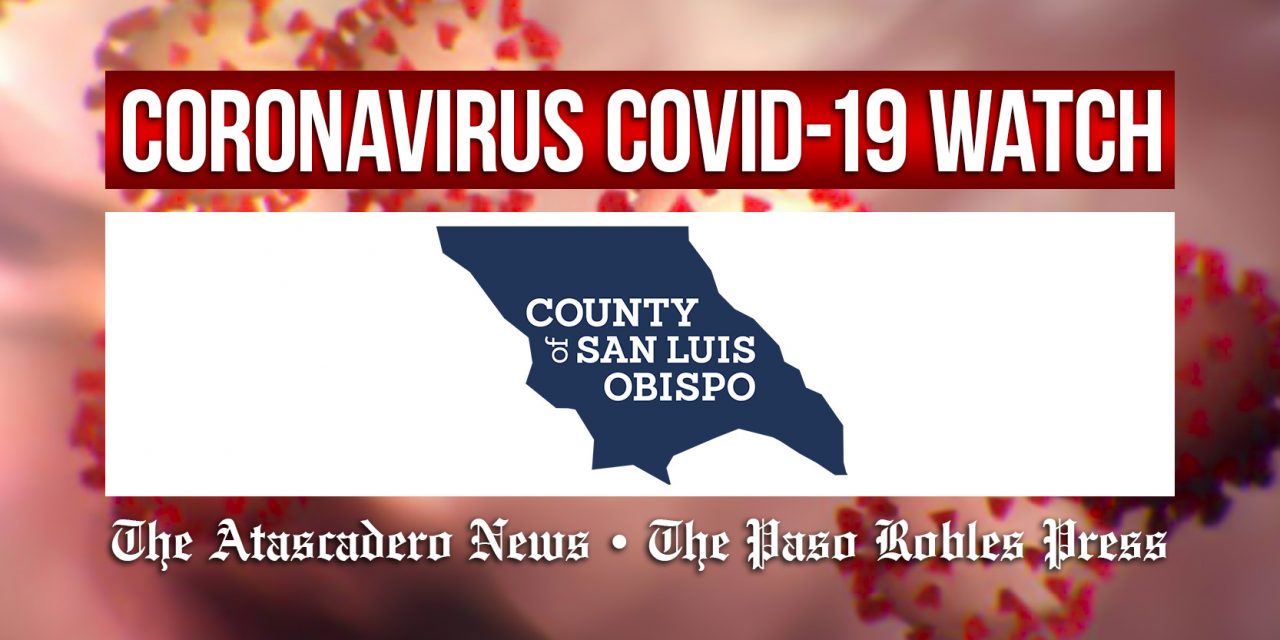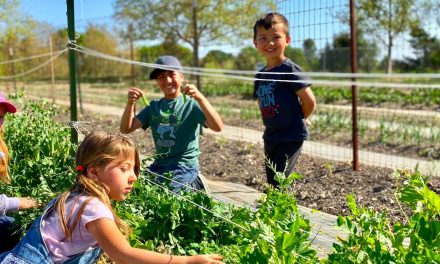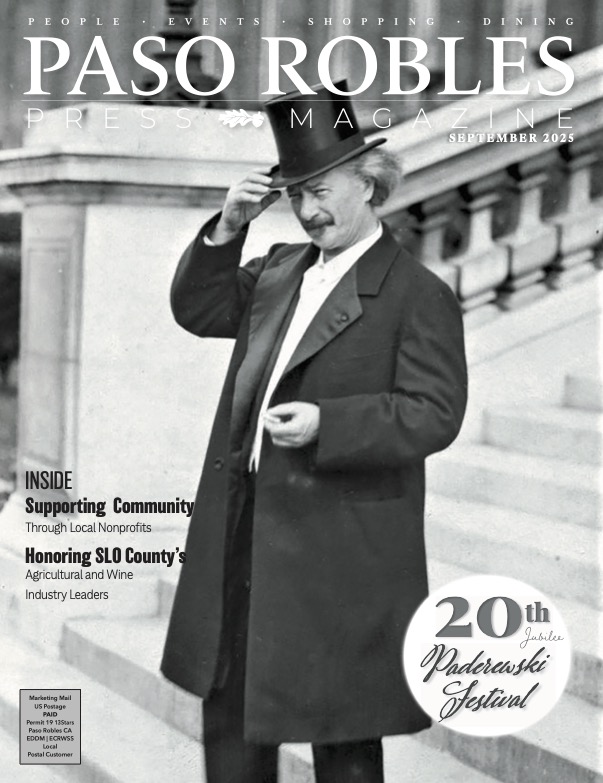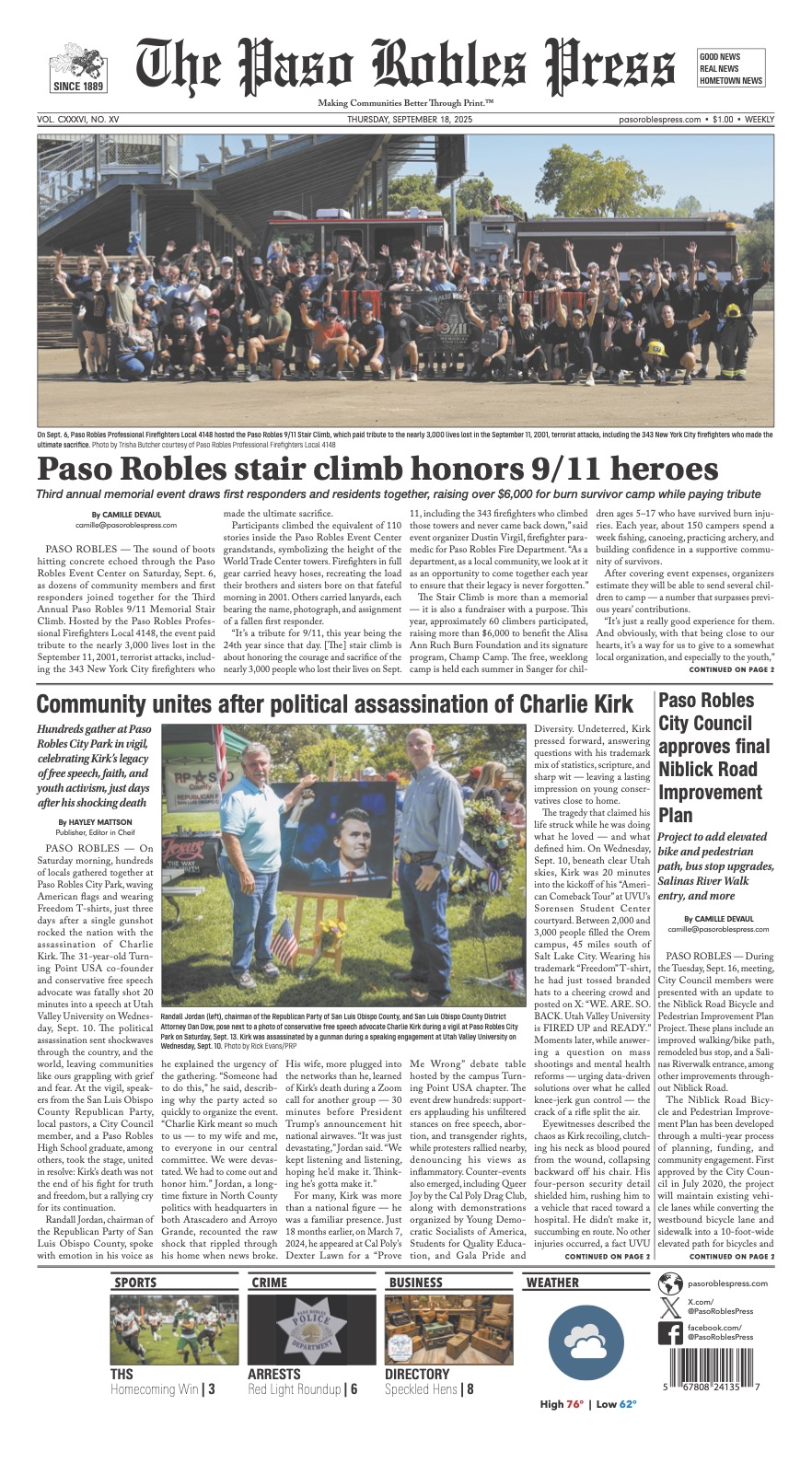SAN LUIS OBISPO — San Luis Obispo County public health officials say that the prevalence of COVID-19 is still surging locally after the recent holiday weekend, despite a delay in cases reported.
County health officials are inspecting a backlog of cases in the State’s database after the holiday weekend, which is causing a delay in reported data at the local level. Health officials say that SLO County’s total number of cases will likely surpass 10,000 before the end of the week.
The State recently started a new process to rapidly assign suspected cases to a jurisdiction. Those cases must then be inspected at the local level and reclassified by a local health official as a confirmed case to ensure the accuracy of local data. This new process causes a slight backlog of the number of new confirmed cases reported locally. However, this does not affect the number of reported cases requiring hospitalization or intensive care, nor does it affect the number of deaths reported locally, as that data is assessed through separate methods.
The County Public Health Department reported SLO County’s highest number of hospitalized cases (47) and ICU cases (12) today. Even more concerning; however, the County reported that 36 local community members died of COVID-19 since the start of December, which makes up 49 percent of all local COVID-19 deaths.
“Ensuring that we are accurately tracking cases is paramount to our response to the virus and slowing the spread,” said Dr. Penny Borenstein, County Health Officer. “Don’t wait for the data to update. Protect yourself and your community: wear a mask, don’t gather, stay home if you are sick, and get tested.”
Over the last week, SLO County hit several records related to case counts. Last week the County of San Luis Obispo today reported 258 new cases of COVID-19 in a single day. Additionally, the 14-day average of new cases also hit a record of 159 new cases per day. SLO County also currently has the highest ever number of active cases at 2,093. The surge in new cases reflects the “second generation” of cases spread from the Thanksgiving holiday.
For more information, visit ReadySLO.org.














